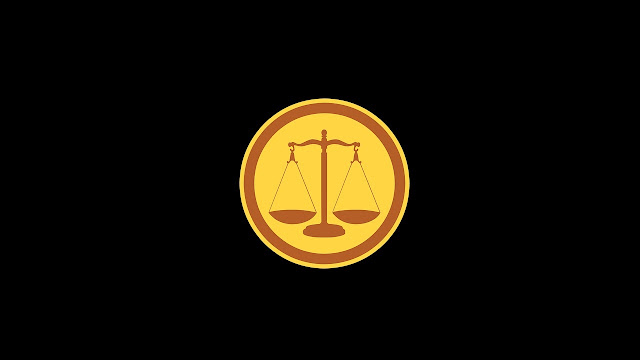What is a default judgment?

Default judgment is a binding judgment in favor of either party based on some failure to take action by the other party. Most often, it is a judgment in favor of a plaintiff when the defendant has not responded to a summons or has failed to appear before a court of law. The failure to take action is the default. The default judgment is the relief requested in the party's original petition.
In the Philippines, a default judgment is frowned upon because of the policy of the law to hear every litigated case on the merits. But the default judgment will not be vacated unless the defendant satisfactorily explains the failure to file the answer, and shows that it has a meritorious defense. (G.R. No. 192477)
Wikipedia explains that default can be compared to a forfeit victory in sports. In a civil trial involving damages, a default judgment will enter the amount of damages pleaded in the original complaint. If proof of damages is required, the court may schedule another hearing on that issue. A party can have a default judgment vacated, or set aside, by filing a motion, after the judgment is entered, by showing of a proper excuse.
Under the Rules of Court, if the defending party fails to answer within the time allowed therefor, the court shall, upon motion of the claiming party with notice to the defending party, and proof of such failure, declare the defending party in default. Thereupon, the court shall proceed to render judgment granting the claimant such relief as his pleading may warrant, unless the court in its discretion requires the claimant to submit evidence. Such reception of evidence may be delegated to the clerk of court. (Rule 9)
Nevertheless, a party in default shall be entitled to notice of subsequent proceedings but not to take part in the trial.
A defaulted defendant may move the court from relief from his default, but usually must do so promptly and must provide "good cause" for his failure to answer the complaint in time. Often, part of the procedure for relief from default involves the defendant filing an answer to the complaint. The defendant relieved from default may also be required to pay any extra costs and fees incurred by the plaintiff as a result of the delay in the defendant's filing his answer.
Under the Rules of Court, a party declared in default may at any time after notice thereof and before judgment file a motion under oath to set aside the order of default upon proper showing that his failure to answer was due to fraud, accident, mistake or excusable negligence and that he has a meritorious defense. In such case, the order of default may be set aside on such terms and conditions as the judge may impose in the interest of justice. (Rule 9)
By way of exception, if the defending party in an action for annulment or declaration of nullity of marriage or for legal separation fails to answer, the court shall order the prosecuting attorney to investigate whether or not a collusion between the parties exists, and if there is no collusion, to intervene for the State in order to see to it that the evidence submitted is not fabricated.
OUTLINE BASED ON: "Legal Definition of default judgment". Legal-glossary.org. Retrieved 3 Apr 2014. Cited in https://en.wikipedia.org/wiki/Default_judgment#cite_note-Legal_Definition-1




